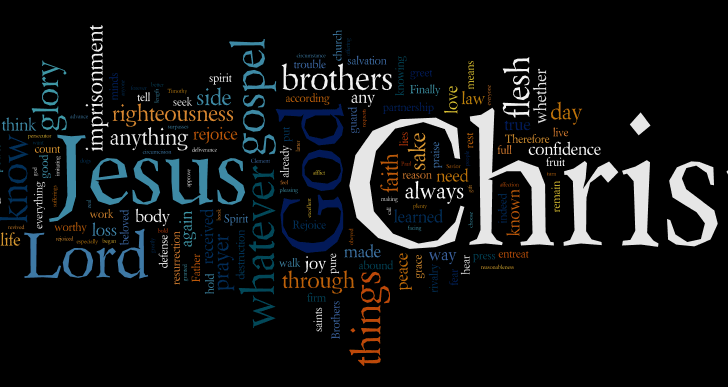Philosophy of Religion: A Very Short Introduction
by Tim Bayne (Oxford University Press, £7.99)
Emily Keyes
Christian theological scholar Don Cupitt says that philosophy is, at its heart, critical thinking, while academic philosopher Simon Blackburn thinks of philosophy as ‘a process of reflection on the deepest concepts, that is structures of thought, that make up the way in which we think about the world’.
When combined these definitions explain the approach to the philosophy of religion that Tim Bayne takes in Oxford University Press’ latest addition to its ‘Very Short Introduction’ series.
This short but informative introduction notes that philosophy of religion is, first and foremost, about exploring questions prompted by religious faith. This being so Bayne focuses on exploring the answers that believers of Islam, Judaism and Christianity have to questions like ‘How do we know that God exists?’ ‘Why must God hide from His people?’ and ‘What purpose does evil serve?’
These questions allow Bayne to think critically about the very foundations of monotheistic religious beliefs.
He avoids any sort of deep exploration of polytheistic religions in this book, as most philosophy of religion has focused on the monotheistic religions, and therefore a short introduction on philosophy of religion as a whole needs to focus mainly on what has already been covered.
One might be tempted to dismiss this book on the grounds that it reads like so many other theological texts delving into the foundational beliefs of the world’s Abrahamic religions, but avoiding this book on those grounds alone would be a grave mistake.
While theology explores the questions of good and evil, God and his existence, from within the religion itself, philosophy of religion explores those questions from an outside perspective, allowing readers to think critically about these issues from an objective viewpoint that also allows for comparison between the different religions and how the followers of each view their faith.
That Tim Bayne manages very succinctly to do all this in a book that can fit into coat pocket or handbag, is impressive, and makes this book a must for those looking to go deeper into their understanding of not just their own faith, but faith as a whole.



